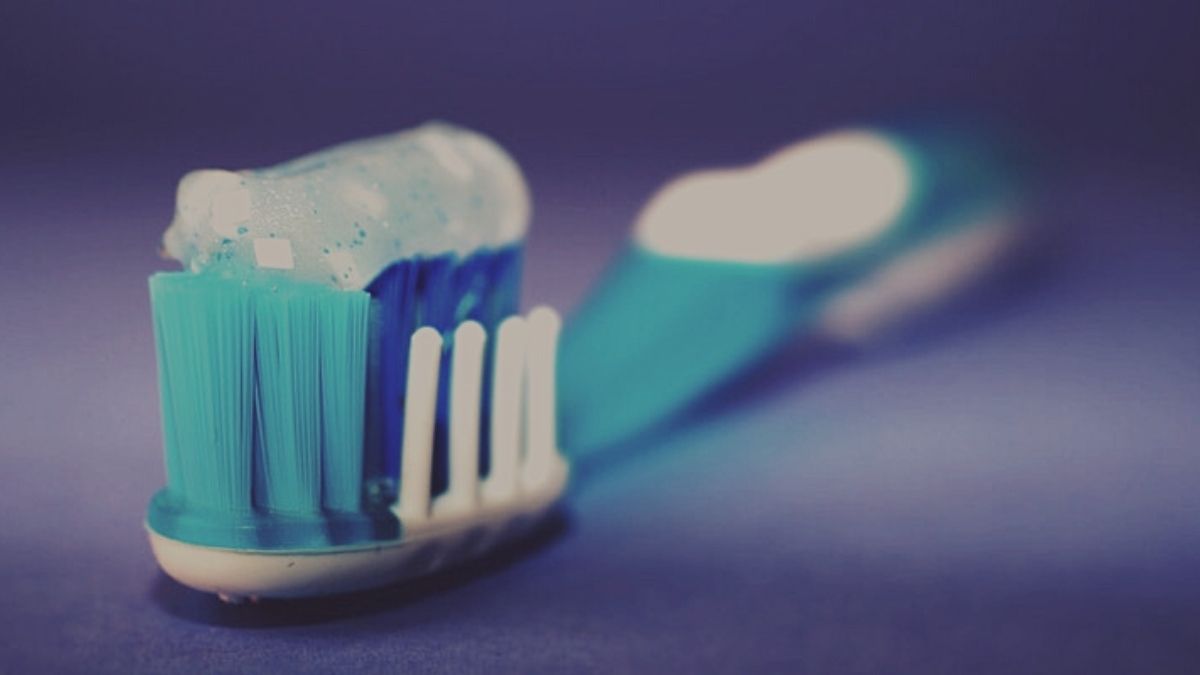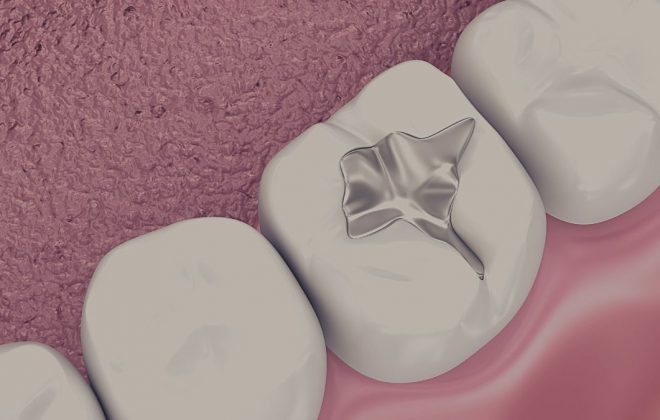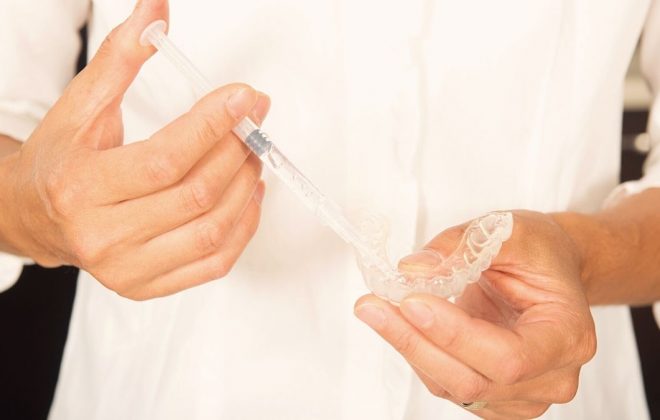How To Protect Teeth And Avoid Decay With Fluoride Treatment
The most effective means to protect teeth and avoid tooth decay is through the ingestion of fluoride. Fluoride is a mineral that humans gain from almost all food and water they consume. For over fifty years, professional and health organisations have endorsed the health benefits of fluoride. But what is fluoride? What types of fluoride are there? And, when should I get a fluoride treatment?
What types of fluoride are there?
Topical fluoride
Topical Fluoride fortifies the teeth once they have emerged from the gums. It seeps into the outer surface of the tooth enamel, allowing the teeth to build up resistance to deterioration. Dental products such as toothpaste, mouthwashes and gels provide us with topical fluoride.
Children should receive a professional application of fluoride every six months by their dentist or dental hygienist. Topical fluoride strengthens the teeth that have erupted as well as those that have not yet emerged from the gums.
Systemic fluoride
Systemic fluoride is naturally present in most foods and our community water supplies. Your dentist or physician may also prescribe a systemic fluoride supplement in drop or gel form.
Generally, fluoride drops are recommended for infants, while children and teenagers should use fluoride tablets. The amount of fluoride a child ingests should be carefully limited. Excessive consumption of fluoride while the teeth are developing may result in a condition called fluorosis, characterised by white spots forming on the teeth.
While our daily meals are an important source of fluoride, sometimes the amounts received are not sufficient to help prevent decay.
Fluoride treatments
Fluoride treatments, in the form of professional applications or home-kits, can be used to correct the following problems such as:
- Deep pits and cracks on the biting surfaces of teeth
- Exposed and sensitive root surfaces
- Unsatisfactory oral hygiene habits
- Frequent consumption of sugar and carbohydrates
- Inadequate exposure to fluorides
- Inadequate saliva flow due to medical conditions, medical treatments or medications
- Recent history of dental decay
Remember, fluoride treatment cannot prevent tooth alone! Brushing at least twice a day, flossing regularly, eating balanced meals, reducing your consumption of sugary snacks, and regularly visiting your dentist can assist in ensuring your smile remains healthy.
To receive a fluoride treatment to protect your teeth from decay, please contact us on (02) 9159 3955.
General Dentist in Caddens, Penrith
The Caddens Dental Bar is an affordable family dentist in Caddens, Penrith. We are 100% focussed on excellence and honesty with emergency and same day appointments available.






